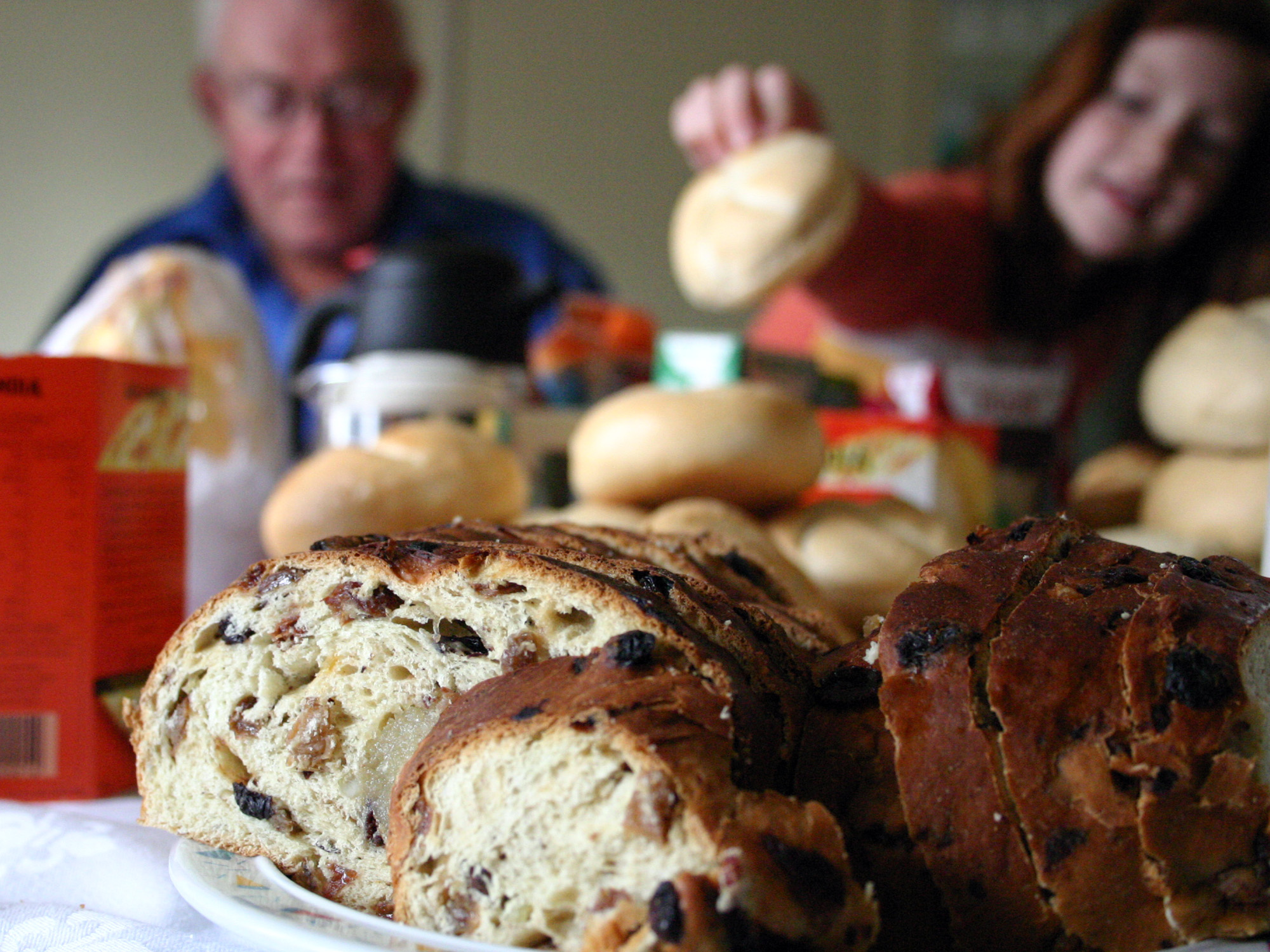Ethical dilemmas are of all times. Epictetus tells us to consider not only our own needs, but also our conduct towards others. Even if the two seem in contradiction with each other, we should consider both and moderate our own needs in order to behave appropriately in social settings. Our actions may have consequences for ourselves as well as for others.

When taken separately, the statements ‘it is day’ and ‘it is night’ are very much valid, but they are invalid when combined. Likewise, taking a larger portion at a dinner is good for the body, but not for being social. Remember, when you are eating with someone else, to not only look at the value for the body of what is placed before you, but also at keeping respect for the host.
This section is pretty cryptic. It builds on logical theory to explain what is ethical behaviour. Remember: Epictetus believed that a Stoic study is only complete when you study physics, logic and ethics. Here, two of these domains are combined.
From logic, we learn that the separate statement ‘it is day’ can be true, just as the separate statement ‘it is night’. However, the combined statement ‘it is day and night’ is false, because it contains a contradiction. It cannot be day and night at the same time. If we apply this logic to ethics, we can identify a contradiction as well: you can do what’s good for the body or what’s socially right, but not both at the same time. The dinner illustrates a dilemma that applies more widely in social life: sometimes you have to put aside your personal (physical) needs in order to behave properly towards others. Taking a large portion of the food would be selfish, while taking a smaller portion would show respect for your company and your host. The food does not directly contribute to virtuous conduct. This ties in with the Stoic virtues of justice and moderation.

